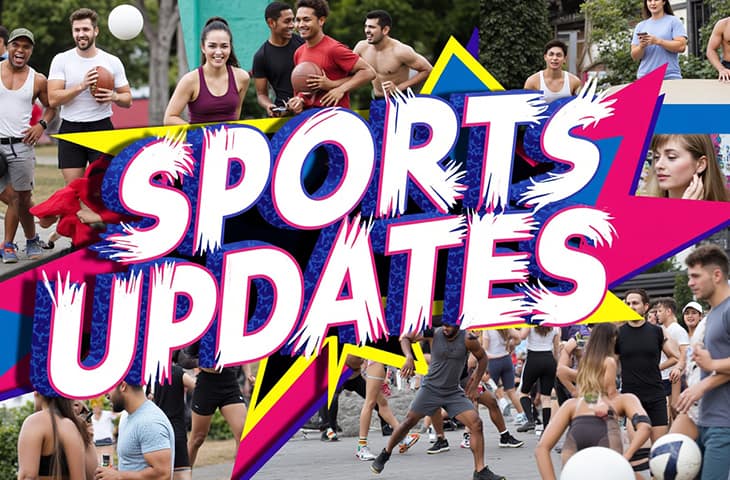Revisiting The Karl-anthony Towns For Julius Randle Trade: Turns Out To Be Win-win

Two days before training camp opened, the Knicks and Timberwolves shocked the NBA with what we were sure at the time would be the most surprising and consequential trade of the season (little did we know): Karl-Anthony Towns to the Knicks, while Julius Randle and Donte DiVincenzo went to Minnesota. At the time, this only seemed like a win-win trade if you considered the Knicks' title chances and the Timberwolves' financial balance sheet (because they got off Towns' max contract, something the Knicks could afford thanks to Jalen Brunson's sacrifice).
Looking back on it with the clarity of hindsight — and with both teams in the conference finals — this turned out to be a win-win across the board.
Let's break it down by teams, but first, a reminder of the trade details:
New York received: Karl-Anthony Towns
Minnesota received: Julius Randle, Donte DiVincenzo, No. 17 pick in 2025 draft (via Detroit, a pick that was top-13 protected)
Charlotte received: DaQuan Jeffries, other draft compensation
New York Knicks
The Knicks had to make this trade, they needed a center. The constraints of the CBA meant New York could not bring back Isaiah Hartenstein (who is thriving in Oklahoma City), while Mitchell Robinson was going to miss most of the season recovering from ankle surgery. That left Precious Achiuwa as the team's starting five, New York knew it needed another big body.
Towns provided much more than a big body, his shooting filled a specific need on a team that plays Josh Hart (33.3% from beyond the arc this season) and some inconsistent shooters big minutes. It set up a devastating pick-and-pop game with Jalen Brunson. Behind Towns' 24.4 points a game and 42% shooting from 3, New York had the fifth-ranked offense in the league.
What Towns did not provide was defense, particularly as a drop-back rim protector. What supercharged the Knicks at the tail end of the season and into the playoffs was the return of Robinson from his ankle surgery. Now the Knicks had two bigs — not unlike how Towns thrived in Minnesota playing next to Rudy Gobert — and some rim protection behind quality perimeter defenders like OG Anunoby. Since Mitchell's return, New York is 18-12 (regular season and playoffs) and has advanced to the Eastern Conference Finals.
The one concern still outstanding with this trade — the other shoe proverbially to drop — is that it shrunk the Knicks' bench. Not having DiVincenzo meant more minutes for the starters (something Tom Thibodeau is all too happy to lean into), and in an Eastern Conference Finals where games are every other day, the question becomes, will this catch up with New York?
Minnesota Timberwolves
This trade, at its core, was about saving money in Minnesota. The combination of Randle and DiVincenzo made about $9 million less than Towns, and it gave the Wolves options to reduce future salary. Randle has a player option next season at $30.9 million, one he's not expected to pick up, and the theory was if he didn't fit, then the Timberwolves could sign-and-trade him somewhere else, or just let him walk.
Except, Randle has fit in — exceptionally during the playoffs, where he has been the team's second-best player. This postseason, Randle has averaged 24.3 points, 6.1 assists and 5.5 rebounds a game, shooting 39.3% from 3. He was the best Minnesota player in Game 1 against the Thunder, hitting five 3-pointers and carrying the offense in the first half.
More than just knocking down shots, Randle's decision-making has been fast and smart. It took him much of the season to get used to playing next to Rudy Gobert and Anthony Edwards, but when he did, the Timberwolves became a version of themselves, maybe better than a season ago.
As for saving money next season, that equation has changed because Minnesota now has to re-sign Randle. He has become too critical to their identity. That means someone else has to go. Naz Reid is expected to opt out of his $15 million contract to become a free agent, and Nickeil Alexander-Walker also will be a free agent. The buzz in league circles is that Minnesota would consider trading point guard Mike Conley to save money. At least one, if not two, of those players will not be back next season. Minnesota is getting what proved to be the No. 17 pick in this draft out of this trade, which should help. The Timberwolves can draft someone such as Liam McNeeley, the UConn wing, or Michigan big man Danny Wolf, or maybe one of a number of international players expected to go around that spot. Whoever the Timberwolves pick will be asked to step up and play Day 1.
But with Randle playing well and the Minnesota back in the conference finals, this trade was a win for the Timberwolves, too.


